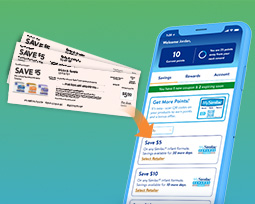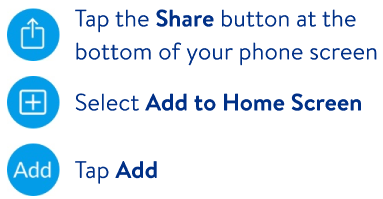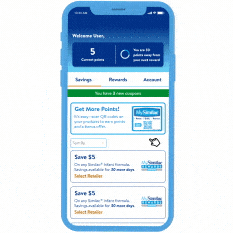Baby diarrhea can have many causes
Every baby’s stool will vary from day to day. Infant stool can be yellow, green, or brown and vary in texture from applesauce to play dough. This is all normal.
When your baby’s stool suddenly turns watery and becomes more frequent, this might be a sign of diarrhea. Whether your baby’s diarrhea is an intense, short-lived issue (acute) or a longer-term (recurrent) problem depends on its cause. The most common causes include:
- Infection from a virus, bacteria, or parasite
A baby can pick up any of these germs in the course of their day. They can come from food or water, or from touching germy surfaces and then putting their fingers near or in their mouth.
- Food allergy
Up to 3% of infants are allergic to milk.1 While rare, breastfed babies can also develop cow’s milk allergy from milk proteins in the products their moms consume. Food allergy may cause recurrent diarrhea.
- Sensitivity to medicines
If you breastfeed your baby while on antibiotics, or your baby is taking one, this can cause an upset stomach or diarrhea. If you think this is the cause of your baby's diarrhea, talk to your doctor or your baby’s pediatrician. Don’t stop taking antibiotics unless your doctor agrees, as stopping the treatment early can lead to antibiotic resistance and prompt the return of a bacterial infection.
- Change in diet
Depending on your baby’s age, diarrhea might be caused by switching formulas or introducing new foods. Fruit juices are especially likely to cause diarrhea or make it worse.
When should your baby’s diarrhea be cause for alarm?
If the diarrhea becomes excessive in frequency or amount, or if your baby shows any of the following symptoms, call your pediatrician or healthcare professional:
- Blood or mucus in stools
- Fever
- Vomiting
- Irritability
- Refusal to eat
- Decreased or dark-colored urine
- Decreased activity
- Signs of dehydration (fewer wet diapers, dry eyes when crying, sunken eyes, or the soft spot on top of their head appears sunken)
What can you do about mild diarrhea?
It is common for most babies to have mild diarrhea at some point, especially during the first year of life. When it happens with your little one, here’s how you can help them be more comfortable and keep their symptoms from getting worse:
- Continue breastfeeding and consider a hydration beverage
Dehydration can happen to infants with diarrhea faster than older children or adults because their smaller bodies have less liquids to lose. Keeping your baby hydrated by breastfeeding frequently can help manage dehydration. Consider talking with your baby’s pediatrician about the need for a hydration beverage like Pedialyte.
- Protect baby’s delicate skin
Acid in diarrhea and the effect of wipes during frequent dirty diaper changes can irritate your baby’s tender bum. You can help prevent diaper rash and soreness by changing their diapers often and using a soft washcloth and warm water instead of wipes. After each change, pat or air-dry your little one’s buttocks and apply a thick coating of ointment or other moisture barrier like petroleum jelly or zinc oxide. If the rash doesn't improve, or if it worsens after a few days, let your baby's doctor know.
If your baby’s diarrhea continues or worsens, talk to your baby's pediatrician. They might recommend that you switch to a baby formula that might be more suited to your infant’s digestive needs.
Baby constipation: A solution may be easier than you think
Constipation in your baby is to be expected at one time or another, especially during their first year of life. Knowing this doesn’t make it easier when it happens. But there are things to know that can make a positive difference.
Several things can cause your baby to be constipated, strain to pass stool, pass stools that are hard and dry, or have bowel movements less frequently than they should. These include:
- Eating solid foods for the first time
Some foods your baby eats for the first time might not give them enough fiber to promote regular poops. Some examples are rice and cereal.
- Dehydration
If your baby’s not properly hydrated, their tiny body will soak up fluids from whatever they eat and drink. This includes fluid from waste.
- Baby formulas that have palm olein oil
Breast milk has a balanced amount of fat and protein for a baby’s digestive health and development built right in. Formulas without palm olein oil promote softer stools compared to infant formula with palm olein oil.
Similac® infant formulas do not contain palm olein oil.
- Illness or other medical conditions
Some babies who have a tough time passing stools may have an underlying medical condition that causes constipation. If your baby has frequent difficulty passing stools, consult with their healthcare provider.
Most likely, your baby isn't constipated if their stool is soft, no matter how often they go or even if they strain to pass them.
Our Diaper Decoder is a helpful tool for info on your baby’s stool.







